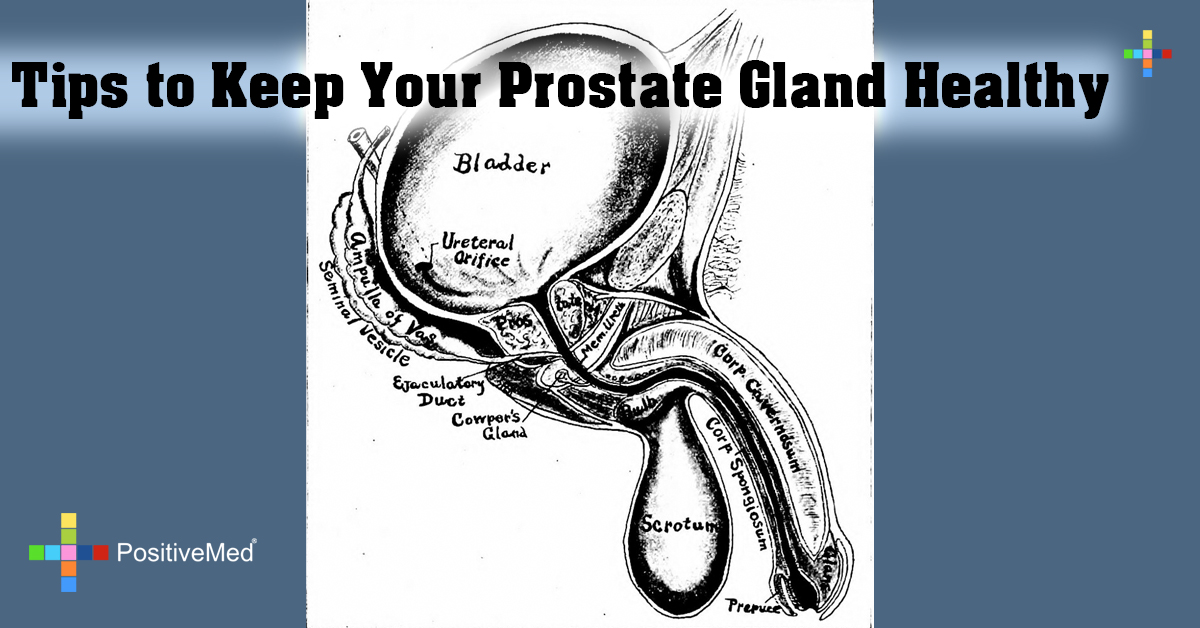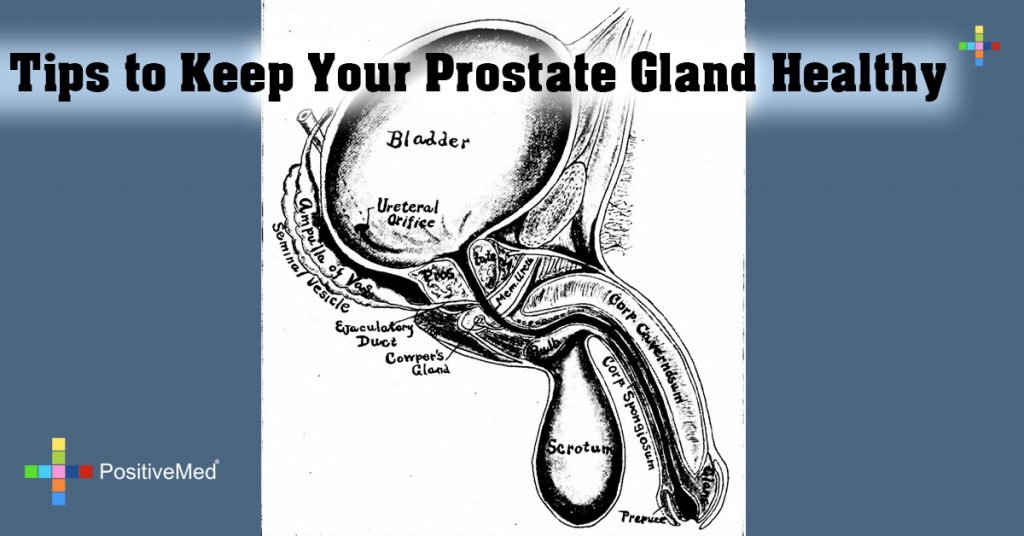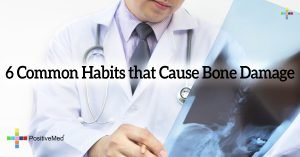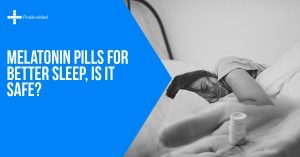
Tips to Keep Your Prostate Gland Healthy
[nextpage title=”…”]
Prostate health is not atop most men’s list of concerns, though it is usually in the top five. Although there is no sure way to avoid prostate cancer, there are everyday ways of maintaining good prostate health.
First off, check your diet. There are no magic foods that will protect you, but there are patterns of healthy eating which ward off disease. Choose at least five servings of fruits and vegetables per day, particularly those with deep, bright colour. Tomatoes, strawberries, apples, and other red fruits and vegetables contain the phytochemical lycopene, which has been tied to reduced risks of cancer. (Although some apparently “innocuous” food might worsen irritative symptoms in the urethra by making urine more acid. Source: http://www.prostatitis2000.org/en/miscellaneous/diet)
Reduce your salt intake: the body must work hard to bring sodium and potassium levels back to balance when you eat overly salty foods. Select foods that are low in sodium by reading and comparing labels. On a similar note, stay away from heavy saturated fats (as from dairy and animal foods), and definitely avoid hydrogenated fats (trans fats), which are present in many convenience and packaged foods. These have been linked to all sorts of unpleasant side effects, including anal leakage (not so good for the prostate).
It can be hard, but high among the tips for keeping your prostate gland healthy is giving up high sugar drinks, like most sodas and some fruit juices. Make sweet things an occasional treat, instead of an ingrained reward. Similarly, watch your serving sizes; many people like to pile up their plates and eat as fast as they can, a habit that is learned and passed along. By reducing portion size and eating more slowly, stopping when full, you improve your digestion and the quality of family dinners. In many parts of the world, people chew each mouthful thirty times before swallowing. Remember that the prostate gland is located in the GI tract; what you put into your body directly affects this gland.
RELATED ARTICLE: This Weird Thing Can Mess With Your Prostate And You Don’t Know About It
[/nextpage] [nextpage title=”…”]
Instead of reaching for white breads or cakes, try whole-grain bread and pastas, which are every bit as satiating. Breaking down starchy carbohydrates is hard on the intestines, and over consumption of white flour products leads to weight gain and lethargy. Likewise with fats in oils: olive oil, almond oil, sunflower oil—these offer healthy fats. Heavy butter and cream, not really. For this same reason, limit your consumption of heavy animal products (beef, pork, lamb); lean proteins, as in fish and poultry, are less difficult to incorporate into a human being. For proof this works, look to Japan, where the main protein is fish and there are barely any cases of prostate cancer.
Staying physically active is another way to keep your prostate gland in good health. You’ve probably heard this one: “Sitting is the new smoking.” And, in some ways, it’s more detrimental; at least with smoking you go outside once in a while. Regular exercise staves off heart disease, stroke, and some cancers. A study completed on over 30,000 men (all health professionals) concluded that the more they exercised, the lower their risk of BPH (enlarged prostate, which precedes cancer). Just a moderate paced walk a few times a week offers some benefits.
Finally, you may want to supplement your diet with nutrients (but remember, it’s better to get them directly from food). Many men do not get adequate zinc through diet, and zinc deficiencies can lead to enlarged prostates. Zinc deficiency has been tied to the progression of prostate cells to malignancy. A 50, 100, or 200 mg zinc tablet daily reduces an enlarged prostate. Saw palmetto berry, native to tropical regions, has also been studied for its anti-cancer properties.
Disclosure Policy:
This blog is a collaborative blog written by a group of individuals. This blog accepts forms of cash advertising, sponsorship, paid insertions or other forms of compensation. The compensation received may influence the advertising content, topics or posts made in this blog. That content, advertising space or post may not always be identified as paid or sponsored content. The owner(s) of this blog is compensated to provide opinion on products, services, websites and various other topics. Even though the owner(s) of this blog receives compensation for our posts or advertisements, we always give our honest opinions, findings, beliefs, or experiences on those topics or products. The views and opinions expressed on this blog are purely the bloggers’ own. Any product claim, statistic, quote or other representation about a product or service should be verified with the manufacturer, provider or party in question. This blog does contain content which might present a conflict of interest. This content will always be identified.
[/nextpage]






